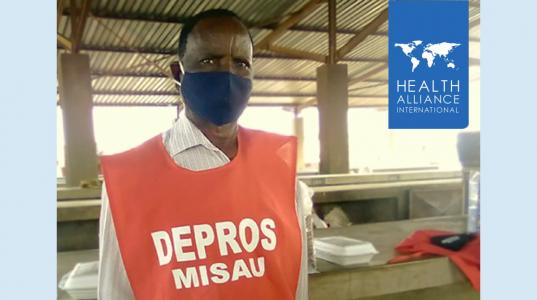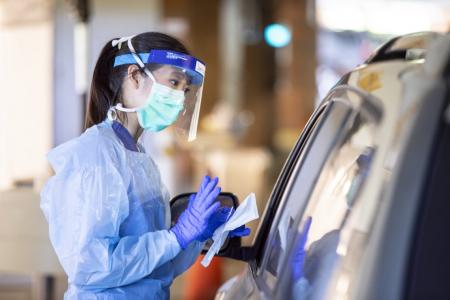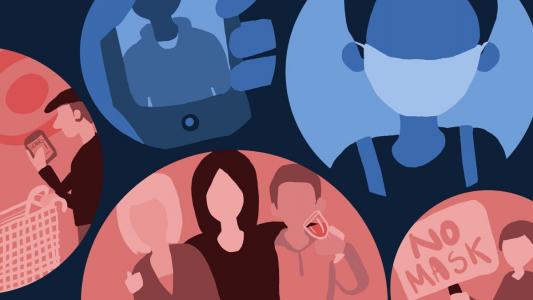How COVID-19 Affects Some People Long After They Become Infected with the Coronavirus (includes Jennifer Ross)
By Ryan Blethen Seattle Times staff reporter
Nearly eight months after the pandemic was declared, researchers are gaining a more complete understanding of how the new coronavirus affects people.
One thing they’re noticing as time goes on: some people diagnosed with COVID-19 feel sick long after contracting the virus.



